Cats are often perceived as independent creatures, able to entertain themselves and relish their solitude. However, just like humans, cats can also experience feelings of loneliness. It’s essential for cat owners to recognize the subtle signs that may indicate their feline friend is craving more attention and companionship. Understanding these signs can help ensure your cat remains happy and healthy in their environment.
Increased Vocalization
One of the most noticeable signs that your cat might be feeling lonely is an increase in vocalization. Cats that meow more than usual may be trying to communicate their need for attention. It’s their way of saying, “Hey, notice me!” This sudden change in behavior can be especially telling if your cat typically isn’t very vocal. While some breeds are naturally more talkative, a sudden spike in vocalization could suggest that your cat is feeling neglected. To address this, try spending more quality time with your cat, engaging in interactive play or simply offering more petting sessions.
Destructive Behavior
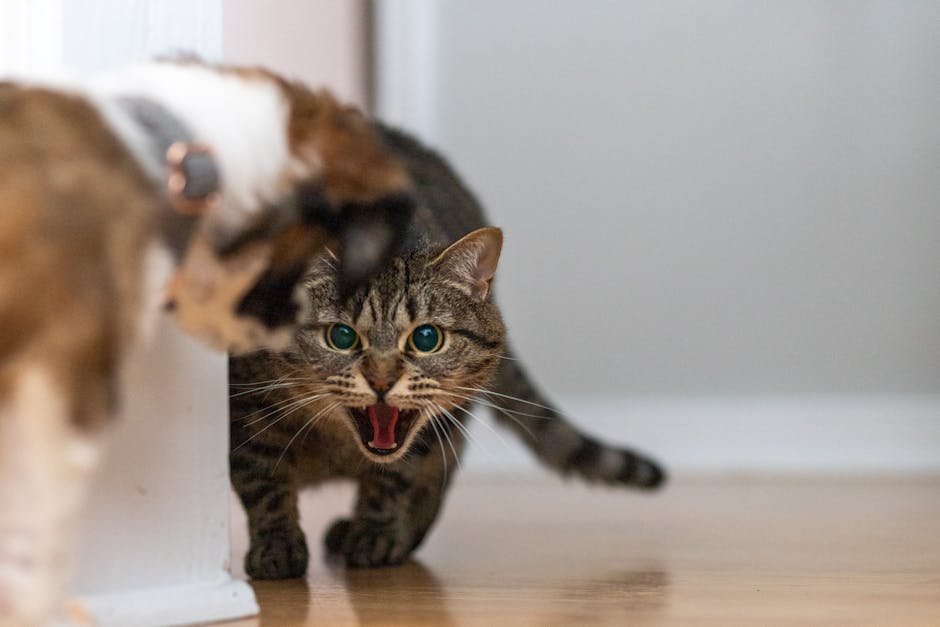
If your cat starts scratching furniture, knocking things off shelves, or engaging in other destructive behaviors, it could be a sign of loneliness. When cats feel bored or neglected, they may resort to these actions to release pent-up energy or express dissatisfaction. This behavior can be frustrating, but it’s crucial to approach the situation with understanding. Providing your cat with more stimulation, such as toys or scratching posts, can help alleviate their boredom. Additionally, setting aside dedicated playtime each day can make a significant difference in curbing these destructive tendencies.
Excessive Grooming
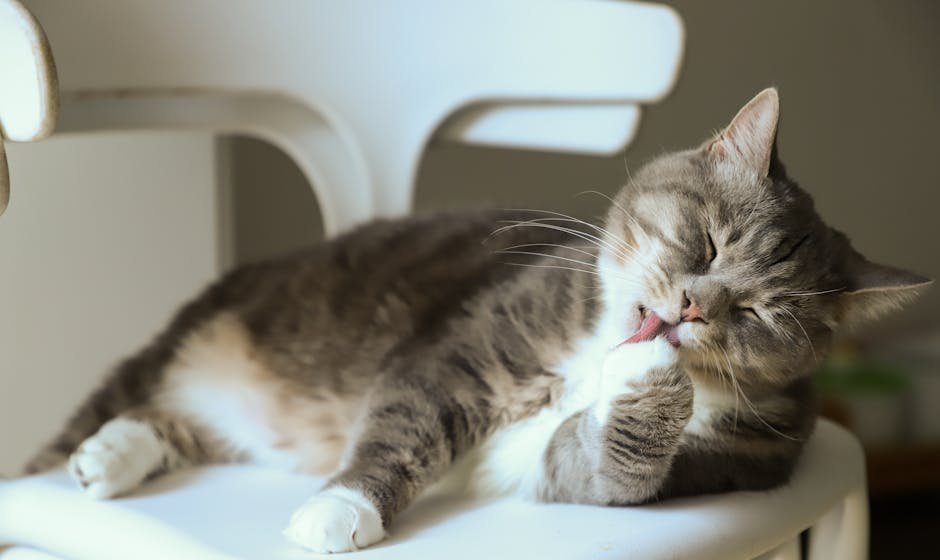
Cats are naturally clean animals and grooming is a normal part of their routine. However, if your cat is grooming excessively to the point of creating bald spots or skin irritation, it might be a sign of stress or loneliness. This behavior is akin to humans biting their nails when anxious or bored. To help your cat, consider introducing more interactive toys or even a second cat for companionship. Regular grooming sessions with your cat can also offer them the attention they crave while keeping their coat in top condition.
Changes in Eating Habits
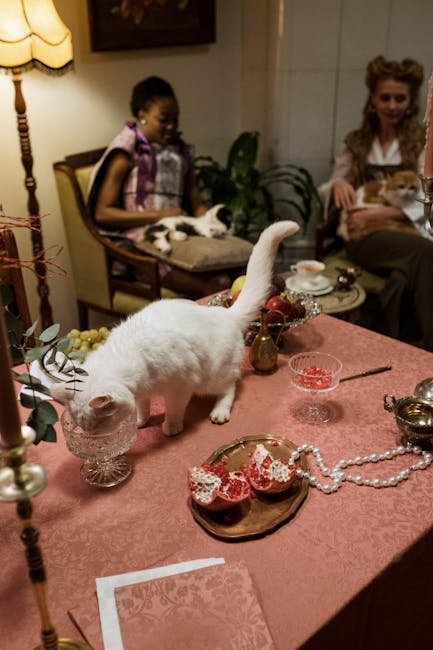
A lonely cat may exhibit changes in their eating habits, either by overeating or losing interest in their food altogether. Just like humans, cats can turn to food for comfort or lose their appetite when feeling down. Monitoring your cat’s eating patterns can provide insight into their emotional state. If you notice any significant changes, try to engage them with more attention and activities. Sometimes, a simple change in the feeding environment or introducing puzzle feeders can make mealtime more engaging for your feline friend.
Frequent Sleeping
While cats are known for their love of napping, excessive sleeping can be a sign that your cat is lonely or depressed. If your cat seems to be sleeping more than usual and is less interested in interacting with you or their surroundings, it might be time to assess their emotional well-being. Consider creating a more stimulating environment with climbing trees or window perches to pique their interest. Additionally, ensure you’re spending quality time with your cat, as your presence can be a comforting influence.
Withdrawn Behavior
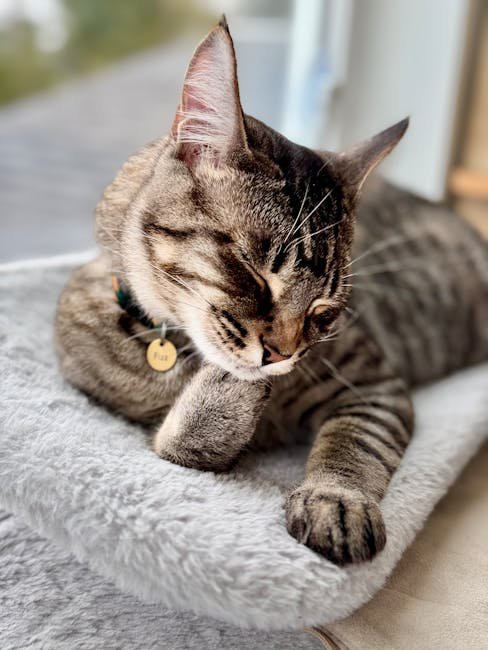
A cat that suddenly becomes withdrawn, hiding more often or avoiding interaction, might be experiencing feelings of loneliness. Cats are social creatures and need interaction to thrive. If your once sociable cat is now avoiding you, it may be a cry for help. Encouraging your cat to come out of their shell by gently coaxing them with treats or toys can help restore their confidence. Remember to be patient and understanding, as forcing interaction can sometimes have the opposite effect.
Overly Clingy
On the flip side, if your cat becomes overly clingy, following you around the house or constantly demanding attention, it might be another sign of loneliness. This behavior indicates that your cat is seeking reassurance and companionship. While it can be endearing, it’s essential to balance this need with independence. Gradually encourage your cat to engage in solo play with toys or puzzles to help them feel comfortable when you’re not around.
Unusual Litter Box Behavior
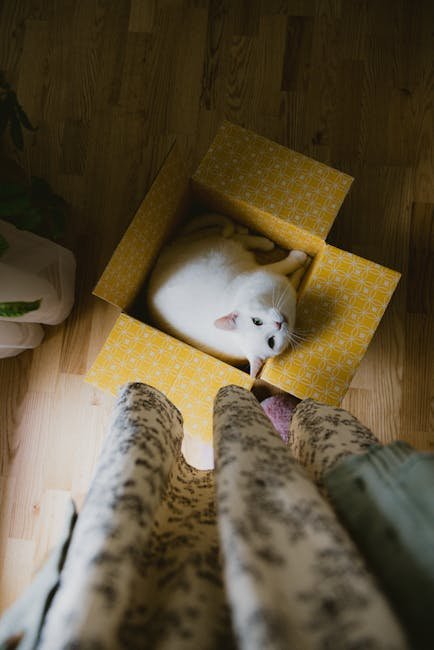
Changes in litter box habits, such as urinating outside the box, can be a distress signal from your cat. While medical issues should always be ruled out first, loneliness can be a contributing factor. Cats are creatures of habit, and any disruption to their normal routine, including feeling lonely, can manifest in this behavior. Ensuring your cat feels secure and loved, along with maintaining a clean and appealing litter box, can help address this issue.
Loss of Interest in Play
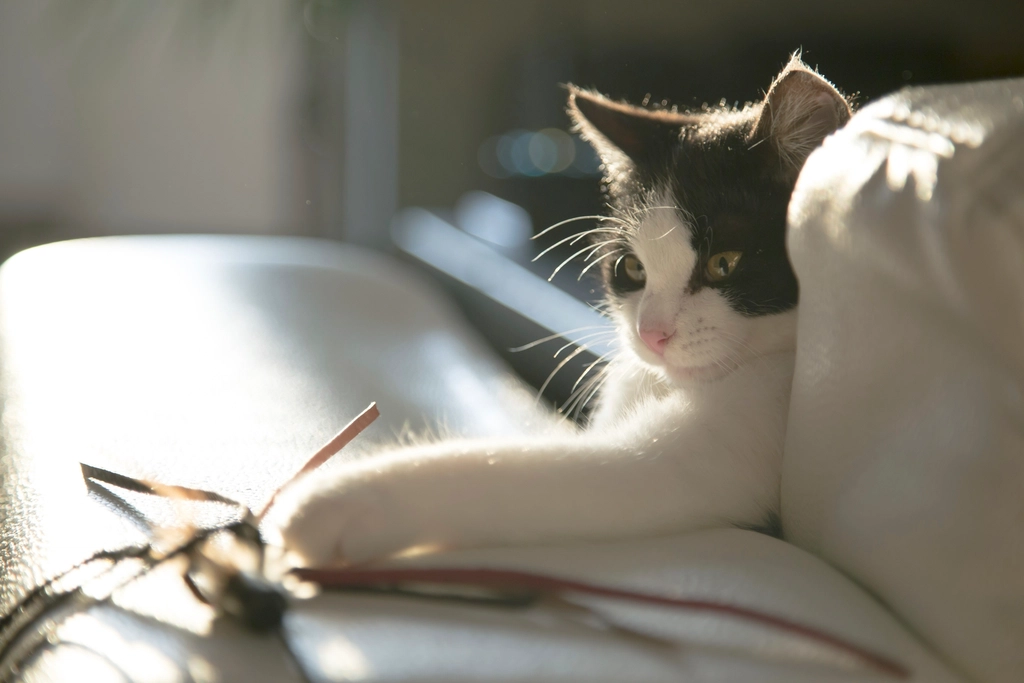
If your cat shows disinterest in their favorite toys or activities, it might be a sign they are feeling lonely or depressed. Cats thrive on play as it mimics their natural hunting instincts and provides mental stimulation. Reintroducing playtime with new and exciting toys or activities can reignite their interest. Sometimes, a simple change in routine or the introduction of a new playmate can make all the difference in revitalizing your cat’s enthusiasm for play.
Increased Aggression
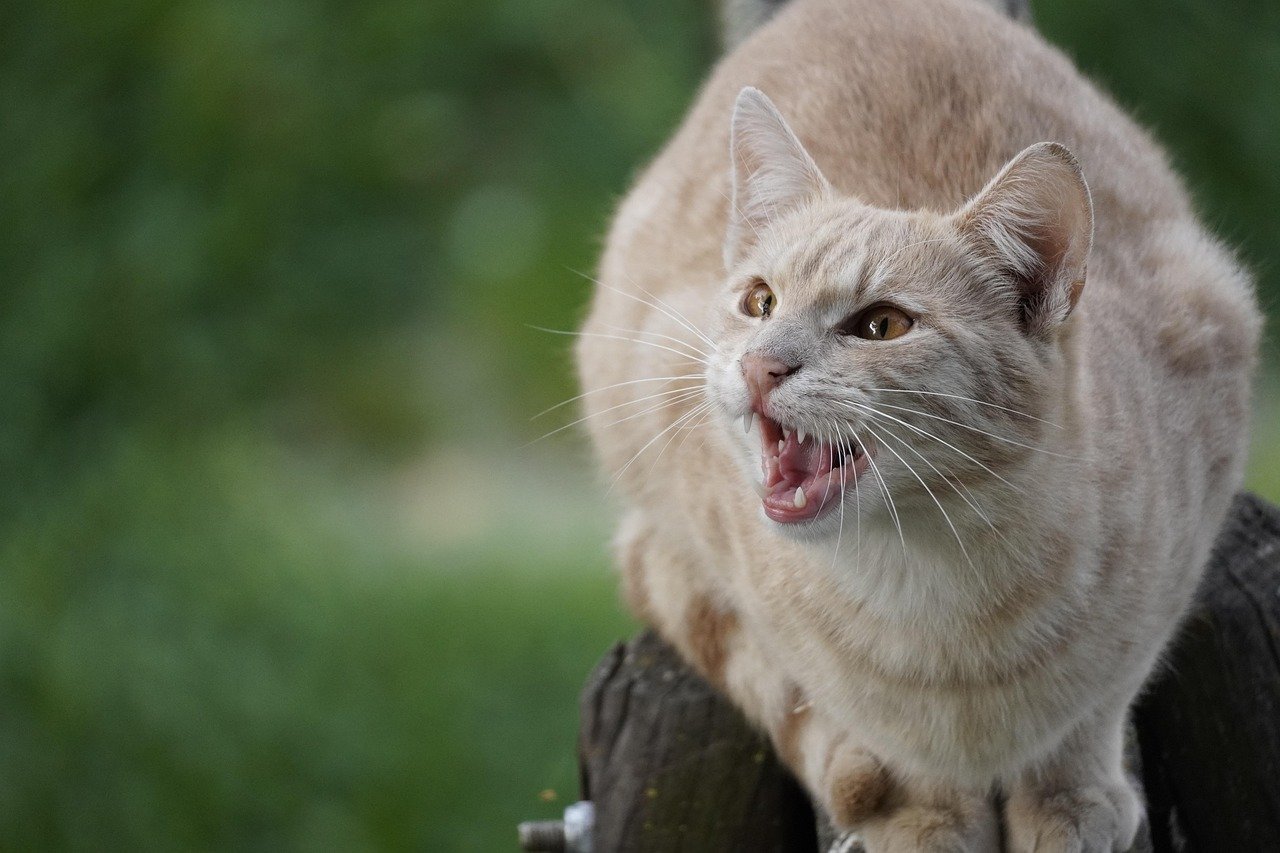
Lonely cats may also become more aggressive, either towards their owners, other pets, or even themselves. This behavior is often a way for cats to express their frustration and pent-up energy. Recognizing this sign early can prevent escalation and help maintain a harmonious household. Offering more interactive play sessions, along with ensuring your cat has plenty of space to retreat and relax, can help mitigate aggressive tendencies.
In conclusion, understanding the signs of loneliness in your cat is vital for their overall well-being. By being attentive and responsive to these signals, you can ensure your feline companion remains happy, healthy, and loved.

Linnea is a born and bred Swede but spends as much time as possible in Cape Town, South Africa. This is mainly due to Cape Town’s extraordinary scenery, wildlife, and atmosphere (in other words, because Cape Town is heaven on earth.) That being said, Sweden’s majestic forests forever hold a special place in her heart. Linnea spends as much time as she can close to the ocean collecting sea shells or in the park admiring puppies.






